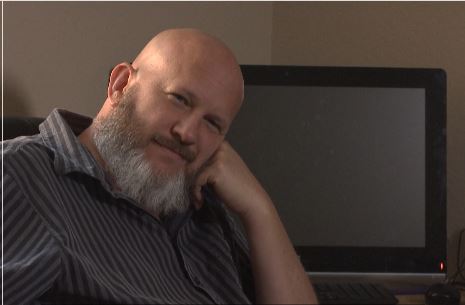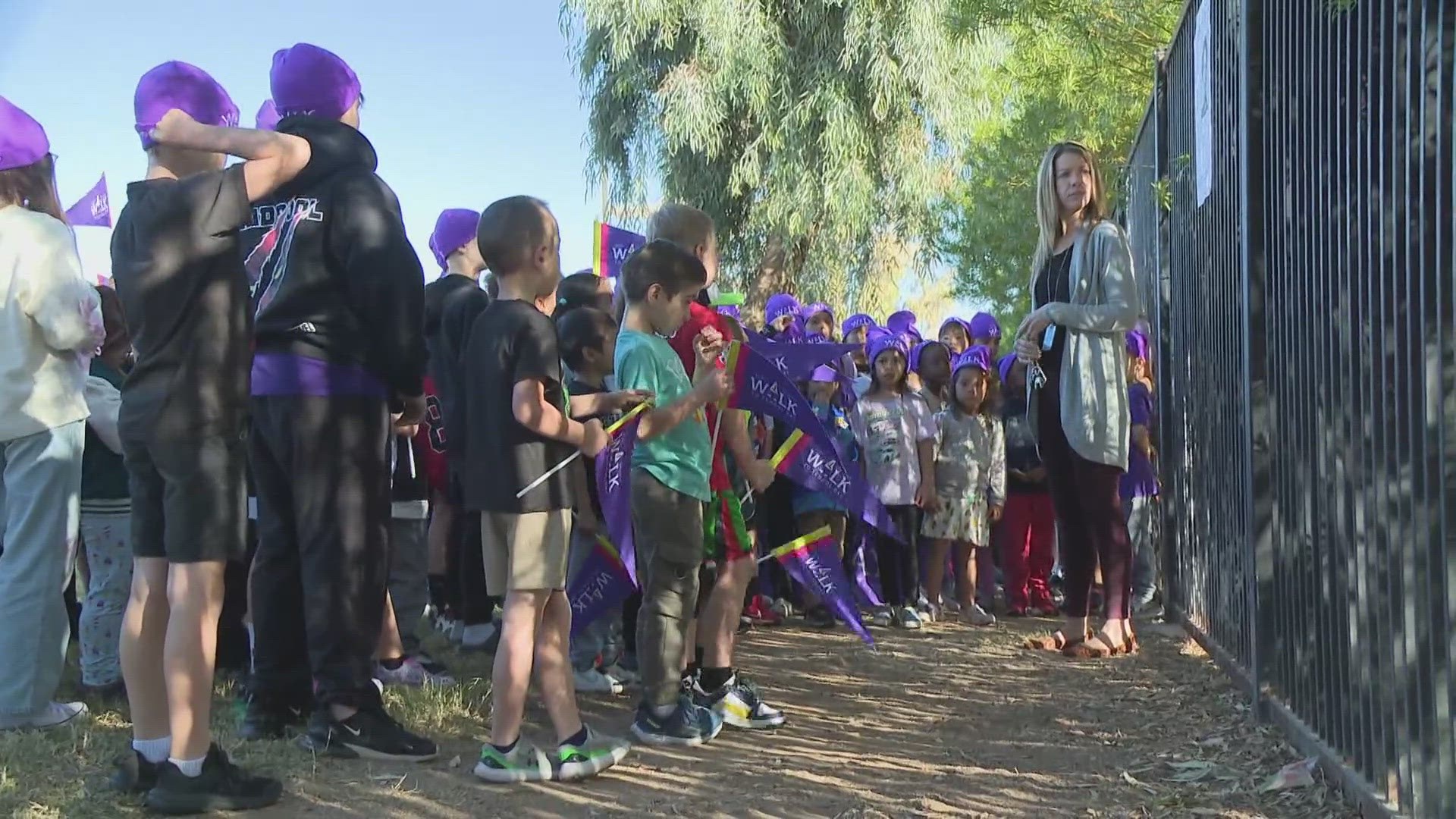![Family's 10-year battle with VA is over[ID=70064578] ID=70064578](http://download.gannett.edgesuite.net/arizonarepublic/brightcove/29901534001/201411/332/29901534001_3908020436001_video-still-for-video-3908058203001.jpg?pubId=29901534001)
Even after John Shannon won his appeal to the U.S. Department of Veterans Affairs' highest appellate body in Washington D.C., the military veteran of Operation Desert Storm was still waiting for the compensation he deserved.
The U.S. Department of Veterans Affairs' Board of Appeals approved Shannon's "service related" claim of PTSD in July.
But since that decision, Shannon, a husband and father of three from Mesa, had not received the necessary confirmation from the Veterans Affairs Regional Department in Phoenix, hampering an already decade-long battle with the V.A.'s bureaucracy. But late Monday afternoon, Shannon and his wife got the phone call.
"I'm so excited, I don't know what to do with myself. I'm crying and happy and relieved all at once," said Becki Shannon, John's wife of 16 years.
In 1991, Shannon was stationed in Iraq, about a half mile from the Khamisiyah pit, where the U.S. Army demolished an ammunition-storage facility and detonated sarin and mustard gas explosives.
"It was so close that you could feel the blasts all day long," John Shannon said. "I had a lot of experiences while I was there that were horrifying to me, which I still don't talk about."
Sitting in the living room of his Mesa apartment, Shannon spoke slowly and deliberately and at one point halted mid-sentence.
"My brain is clicking again. I get these shooting pains that start here and rip across my head," he said, tracing the pain with his finger. "When it happens I lose time and space for a few minutes, sometimes a few seconds."
Shannon was able to cope with symptoms of PTSD and Gulf War Syndrome until 2004 when he says he was forced to stop working.
In 2006, Shannon was granted 50 percent disability compensation for physical side-effects associated with Gulf War Syndrome. The stipend amounts to about $1,000 per month. Shannon also receives $1,500 a month for social security disability.
But in 2005, the Shannons also filed a claim with the VA to receive monthly compensation for PTSD. John experienced flashbacks, paranoia and mental lapses that worsened depending on his environment, he said.
The VA denied his PTSD claim three times. The agency claimed there was not enough evidence to prove the symptoms were connected to his military service.
At one point during the appeals process, Shannon said he was even accused by VA administrators of fraud because there was no way to prove that he had ever actually served in Iraq. The confusion was caused by a documentation error within the military and was later cleared up.
"It's difficult being called a liar," said Becki. "And what a disservice to our soldiers to say you can't even prove you were there. I mean that's ridiculous."
After the national appeal board's decision in July, the family was still forced to wait.
Their attorney attempted to contact the Phoenix VA on a weekly basis to receive confirmation of disability pay.
Attorney Jill Mitchell-Thein said she had not received a response about the status of Shannon's claim until she told V.A. administrators last week that she was communicating with 12 News.
"I told them that I would be speaking with the media, that got their attention," Mitchell-Thein said.
Monica Cabrera, a spokeswoman for the V.A.'s regional office says she cannot comment on specific cases or why confirmation of "service-related" disability pay takes days or months. Nonetheless, Monday's phone call ends a nearly 10-year process for the Shannon family. They will receive $40,000 for back pay and a monthly amount for PTSD yet to be determined.
The family says they'll use the payout to make repairs on the house and seek medical treatment for their three children, who all suffer from migraine headaches.
"That means I can send my kids to a doctor who may be able to help them feel better," Becki said.
Monday evening, a spokesperson for the Veterans Affairs Phoenix regional office issued a statement on the case.
"Thank you for bringing this matter to our attention," it read. "This afternoon, we completed Mr. Shannon's remand and notified him and his attorney of the decision. Mr. Shannon will receive a notification letter in the mail."
12 News watchdog producer Jessica Boehm contributed to this article


![635524559059578446-jOHN-sHANNON [ID=70063716]](http://www.gannett-cdn.com/-mm-/4cdb338825c7a8a58ff7bf72c5865c1029d8e018/r=500x327/local/-/media/Phoenix/Phoenix/2014/11/24/635524559059578446-jOHN-sHANNON.JPG)
